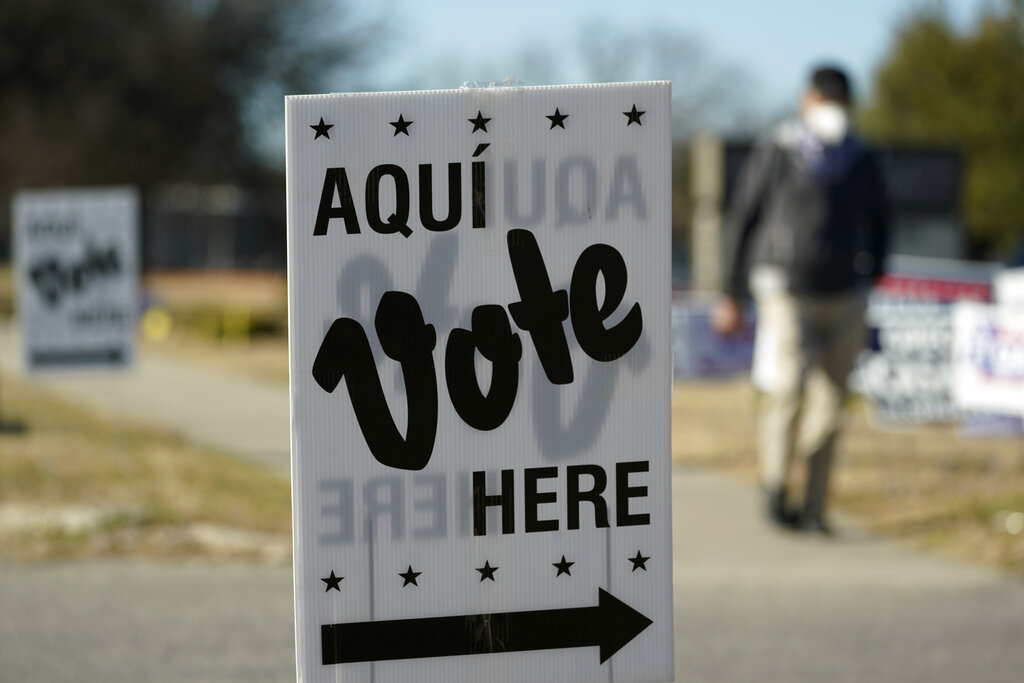

(The Center Square) — Connecticut has never had a “faithless” elector who refused to certify the results of a presidential election, but some state lawmakers argue there needs to be a law preventing it.
A legislative proposal, which recently cleared a key committee, would nullify the electoral vote of a so-called “faithless” presidential elector in Connecticut who fails to cast their ballot for the candidates that the elector ran on the official ballot.
It would also allow individual citizens to petition a state court to order the removal of an elector who fails to carry out their duties in certifying the presidential election.
Unlike a previous version of the bill that was considered by lawmakers last year, it doesn’t threaten sanction or jail time against rogue electors.
State Rep. Matt Blumenthal, D-Stamford, the bill’s primary sponsor, said the legislation is aimed at “ensuring that presidential electors vote in the way they have committed to vote.”
“And if not, it creates a procedure to ensure that the presidential election is efficiently and accurately certified,” he said during a recent meeting of the Legislature’s Committee on Government Administration and Elections, which voted to advance it. “It also ensures that officials in the chain of certification do their duties if there is no dispute about the results of the election.”
Blumenthal said “faithless” electors while rare have occurred “from time to time” in U.S. presidential elections, and Connecticut is among states that have no law preventing them from changing their vote.
Supporters of the bill — mostly Democrats — say the plan is a response to the contentious 2020 presidential election when then-President Donald Trump and his supporters pressured officials in several swing states to reject results that delivered a victory to Democrat Joe Biden, who ultimately won the presidency.
Republicans are largely opposed to the proposal, arguing that the issue of electors is best left to the political parties to ensure that they follow through on their commitments.
“It’s a pretty high standard to be a delegate to a presidential election, and I am assuming that when those people are picked they are really vetted to ensure that they are going to support the will of the state and the party,” said state Rep. Gale Mastrofrancesco, R-Wolcott, said in remarks during last month’s hearing. “I just think this is a little over-the-top.”
The measure is backed by Secretary of State Stephanie Thomas, a Democrat, who testified last month that her office supports the changes and “strongly” urged lawmakers to approve the legislation.
Concerns about rogue state electors have been rekindled ahead of a contentious rematch between Biden and Trump in the November elections, where the race could be decided in a handful of battleground states.
Under the U.S. Constitution, presidents and vice presidents are elected by the Electoral College made up of representatives of the states, not the national popular vote. There is no Constitutional prohibition or federal law preventing electors from voting for someone other than whom they are pledged. But more than half of the states, including Washington, D.C., “bind” their electors.
Despite concerns, the number of faithless electors has declined over the past century, and in most cases are the result of errors or protest votes, according to Fair Vote, an advocacy group that supports laws outlawing the practice. Connecticut has never had a “faithless” elector for a presidential or vice presidential candidate, the group said.
In the 2016 election, a “historic” number of seven electors cast their ballots for a candidate other than the one who won his or her state in the presidential race between Trump and Democrat Hillary Clinton. Most of the “faithless” electors were protest voters.
Connecticut isn’t considered a battleground state, but it is one of 16 states to join the National Popular Vote Interstate Compact, which would — if ratified by enough states — would pledge the state’s Electoral College votes to the candidate who wins the national popular vote.
The pact currently has 205 of the 270 Electoral College votes needed to be activated.





